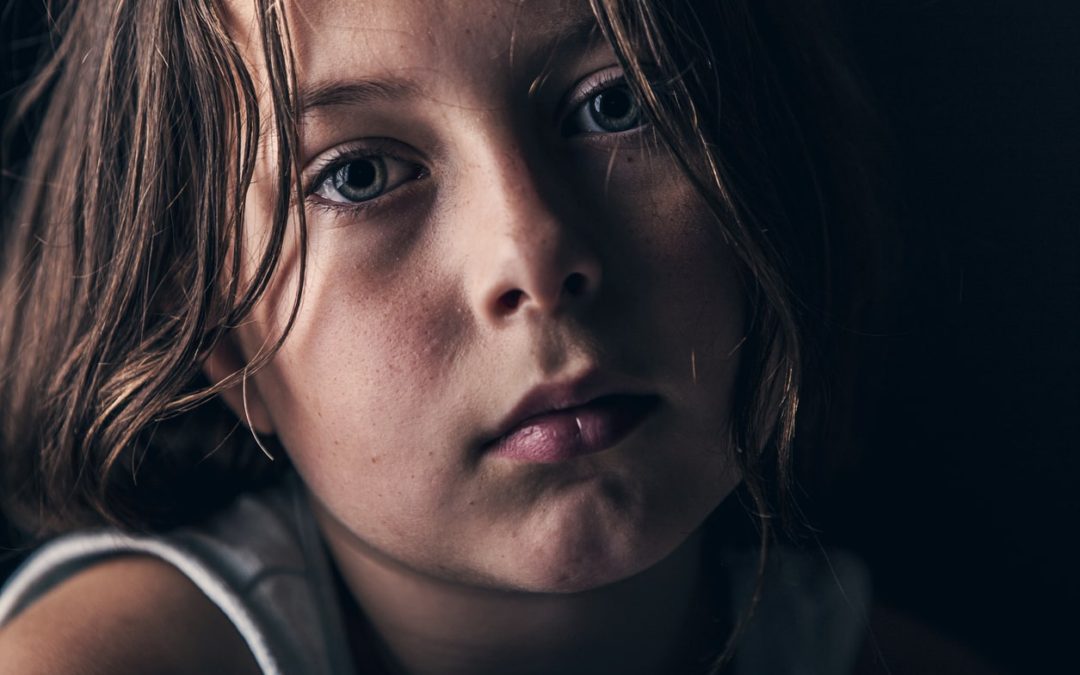We are always learning more about the long-term impact of childhood trauma. For example, we now know the pain can manifest in certain adult mindsets and habits like:
- Low self-worth. Our negative self-talk grows from negative perceptions of ourselves. If victimized as a child, we may carry that status into adulthood.
- Turning anger against yourself in addictions, eating disorders or self-destructive behaviors. If you were unable or not allowed to express anger in your childhood, you may learn to express yourself through other means.
- The “False Self.” As children, trauma can make us believe we need to be better or do more. We create a false self in the hope we can be safer.
- Not asking for what you need. When our needs are never met at a young age, it’s common to suppress our feelings. We may not even be in touch with what we need. We abandon our potential.
- Complex PTSD. Yes, Post Traumatic Stress Disorder relates to childhood trauma.
What is Complex PTSD?
Many, if not most, traumatic events have a time-limited duration. You may endure a natural disaster or experience something like a car accident or street violence like a mugging. Complex PTSD, on the other hand, describes a serious condition resulting from long-term traumas. These traumas often relate to some form of captivity—physical and/or emotional—which prevents the victim from escaping the danger, e.g.
- Childhood physical, sexual or emotional abuse.
- Childhood neglect or abandonment
- Wartime captivity (prisoner of war, concentration camp)
- Trafficking (prostitution, slavery, and child exploitation rings)
- Long-term abuse as an adult: domestic, sexual, physical
What are the Symptoms of Complex PTSD?
Of course, the symptoms can vary and will often mirror symptoms of PTSD, but some common examples include:
- Becoming withdrawn
- Having a difficult time moderating your emotions or just numbing out
- Alcohol and substance abuse
- Self-harm
- Dissociation from your body or your emotions
- Fixation on the perpetrator(s)
- Feelings of helplessness, shame, and guilt
- Not remembering large chunks of your childhood
- Hopelessness, despair, thoughts of death or suicide
How Does Complex PTSD Relate to Childhood Trauma?
The good, bad, and even seemingly neutral events of our childhood have a powerful influence on our development into adults. When it comes to better understanding the connection between Complex PTSD and childhood trauma, it’s important to remember:
1. It encompasses a wide range of developmental traumas
Research now shows how frighteningly widespread childhood trauma—in all its myriad forms—truly is. Connecting psychological issues in adulthood to their possible roots in childhood is a valuable method for better understanding our perceptions and how to re-shape them.
2. It impacts brain functioning
If you peruse the details listed here so far, it’s easy to see that Complex PTSD dramatically impacts how we live, think, and see the world. Over-focusing on some thoughts and emotions while suppressing others is a recipe for more trauma in terms of brain functioning. Your brain operates thanks to a delicate balance. Trauma is an imbalance.
3. It cannot be reasoned away
Trauma impacts not only our thinking brain, but it also impacts our survival and emotional brains. As a result, we experience an arousal or a numbing of our automatic danger signals. This means we’re more likely to behave like a fearful animal. Logic and rationalizations are not effective in such situations.
4. It’s crucial to know what is going on
Those with Complex PTSD suffer from early trauma and long-term stress. Unlike simple PTSD, the traumatic cause is not always obvious. Therefore, it’s not unusual to believe Complex PTSD is something else such as a character defect. It’s important to see a therapist who really can understand what is going on.
Treatment Options
Complex PTSD can be treated. As mentioned above, though, it’s important to engage in therapy with someone who is familiar with the impact of Complex Trauma on all levels. Trauma is best healed using multiple approaches, one that includes the body and the emotional brain as well as the reasoning brain. It also must include methods that undo the trauma reactions that get stuck in our nervous system and to rewire our brains in a way in which we are not trapped by the past. Talk therapy, reasoning and insight are not enough to change the effects of long-term traumatic experiences.

